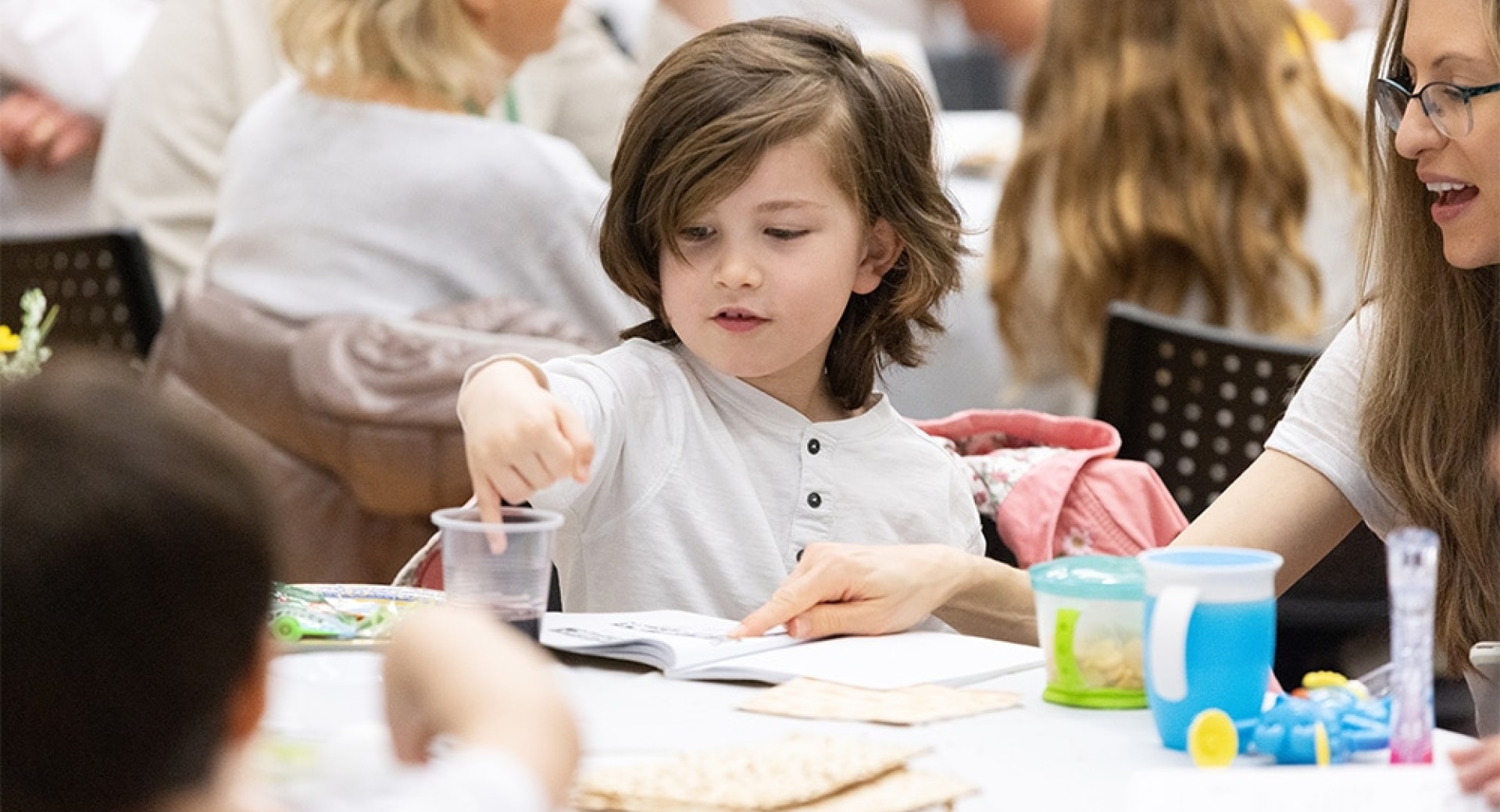
The cyclical nature of the holidays gives structure to our calendar and to our lives as Jews. As the Chagim recur each year, we recall the same stories, recite the same prayers and observe the same customs. It is all familiar and, in many ways, comforting.
At the same time, as we grow and mature each year and as the world around us evolves, we experience the holidays from different vantage points. Sometimes the change is small, perhaps barely perceptible. But other years, it’s as if we are entirely different people and the holidays resonate in remarkably new ways.
With the approach of Passover this year, I find myself thinking about the holiday in new ways and contemplating themes I had previously glossed over. To no small degree, this difference is due to the horrible year 5784 has been for Israel — one that included a despicable attack from Hamas in which hundreds were killed and scores taken hostage, a war that has claimed the lives of many IDF soldiers, Israeli civilians displaced from their homes in both the south and north and, most recently, a missile and drone attack from Iran.
As I consider these many tragedies, I am drawn to two separate moments in the Pesach Seder that appear to carry contradictory messages. One occurs after the meal when we fill the cup of Elijah. We open the door to welcome guests to our Seder and recite a prayer that entreats God to ״שפוך חמתך אל הגוים אשר לא ידעוך״ — “pour out your wrath on the nations that do not know you,” and ends with ״תשמידם מתחת שמי יי״ — “destroy them from under God’s heavens.”
This has always been a somewhat jarring prayer for many of us. For me, it now resonates differently. Hamas, Hezbollah, the evil Iranian regime — how can we not feel fury and call for their destruction? This year, I imagine I may feel a commitment to these verses I have not previously experienced.
The second Seder element I am thinking about occurs earlier in the evening when we recount the calamities that were wrought upon the ancient Egyptians. In what is, essentially, a symbolic act of compassion, we take a drop of wine out of our cups for each of the ten plagues, diminishing our enjoyment just a bit in recognition of the suffering and loss of life that our enemy endured. Indeed, the Talmud recounts a heavenly conversation: As the Egyptians were drowning in the sea, the angels began to rejoice but God silenced them saying, “How dare you sing for joy when My creatures are dying?” (Megillah 10b and Sanhedrin 39b)
With Israel at war, summoning a sense of empathy for the enemy is undoubtedly challenging. But as we learn of the fate of Gazan civilians — including many in this conflict who are obviously blameless, such as children — it is hard not to feel compassion. I know I will be thinking about them Monday night as I recite …דם, צפרדע, כינים and remove the drops of wine from my glass.
These two elements of the Seder have something in common — the context for both is almost complete powerlessness. The Shfoch Chamatchah (pour out your wrath) verses were added, it seems, in response to the first Crusade, a time during which European Jews had no defence against the brutality of the Christian zealots. And the ancient Israelite slaves, both in bondage and then escaping the Egyptian army, were unable to fight for themselves. In both cases, our ancestors could only reach out for divine intervention, or rely on the supernatural, to save them.
But the miracle of the modern State of Israel is that we Jews are no longer powerless. We have a sovereign state, a military, and we can defend ourselves. Vengeance and valuing all human life are not just relevant as God’s actions, but options among the many principles and values that can guide our own actions. It is we who decide when to strike our enemies and when to preserve life.
God is understood to have impulses for both justice and mercy — מידת הדין ומידת הרחמים. And in the above examples, the Haggadah seems to celebrate both, even as they appear to be in conflict with one another. We call for God’s wrath and destruction of life and we celebrate God’s valuing of life.
As we Jews achieve ever-greater agency over our own fates, we have inherited that fundamental conflict. How do we confront our enemies who seek to destroy us, while at the same time retaining a commitment to the preservation of life? Our tradition challenges us to dwell in these questions and gray areas, and to wrestle with ourselves and our values.
This year, may we find unique meaning for ourselves and Am Yisrael as we celebrate redemption in a time of war. And may the festival of freedom bring just that to our hostages in Hamas captivity.
Wishing us all a peaceful holiday. חג שמח
